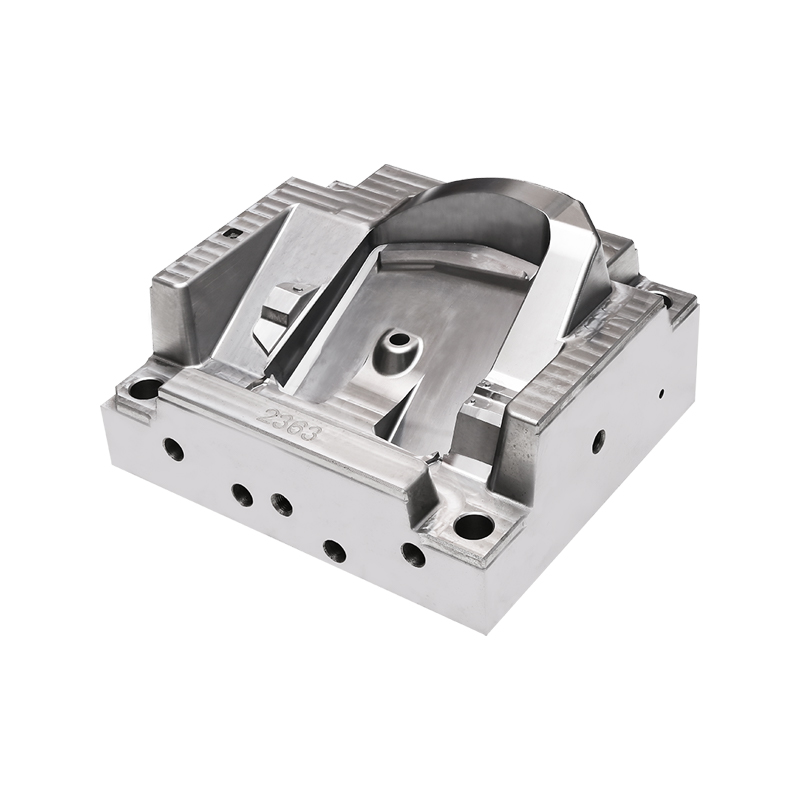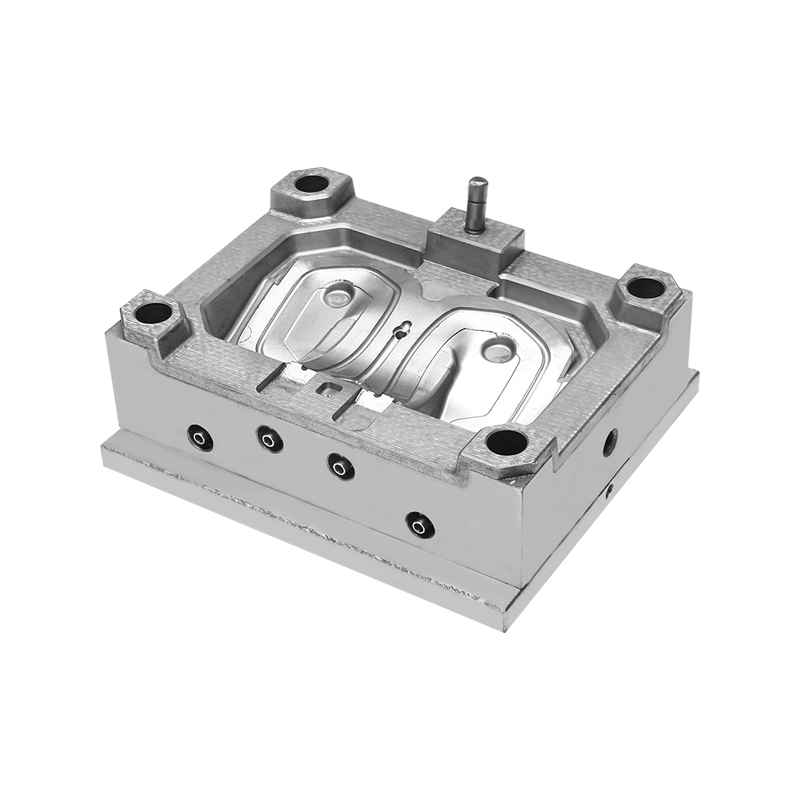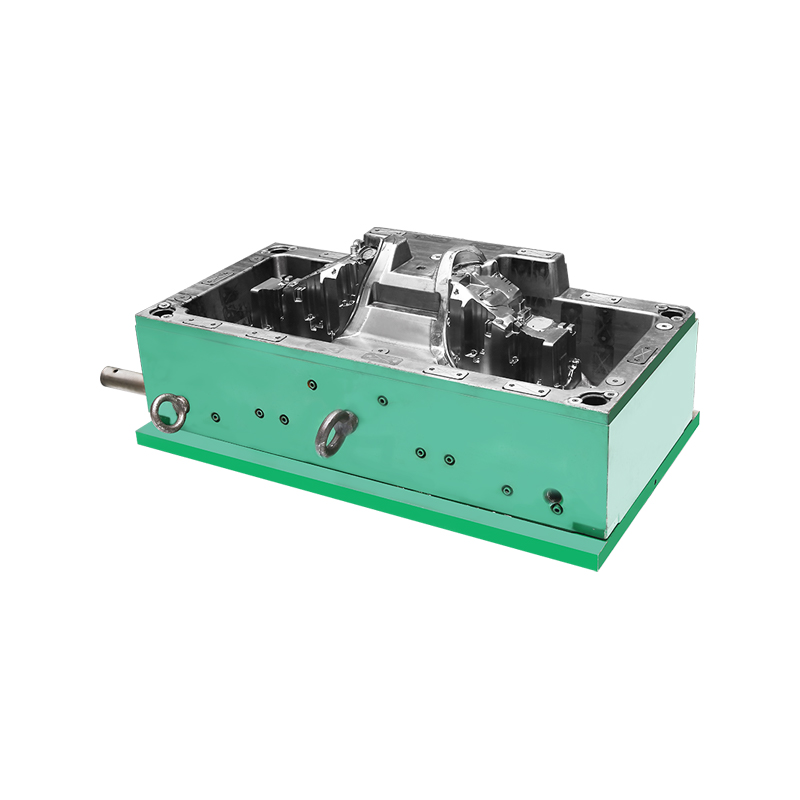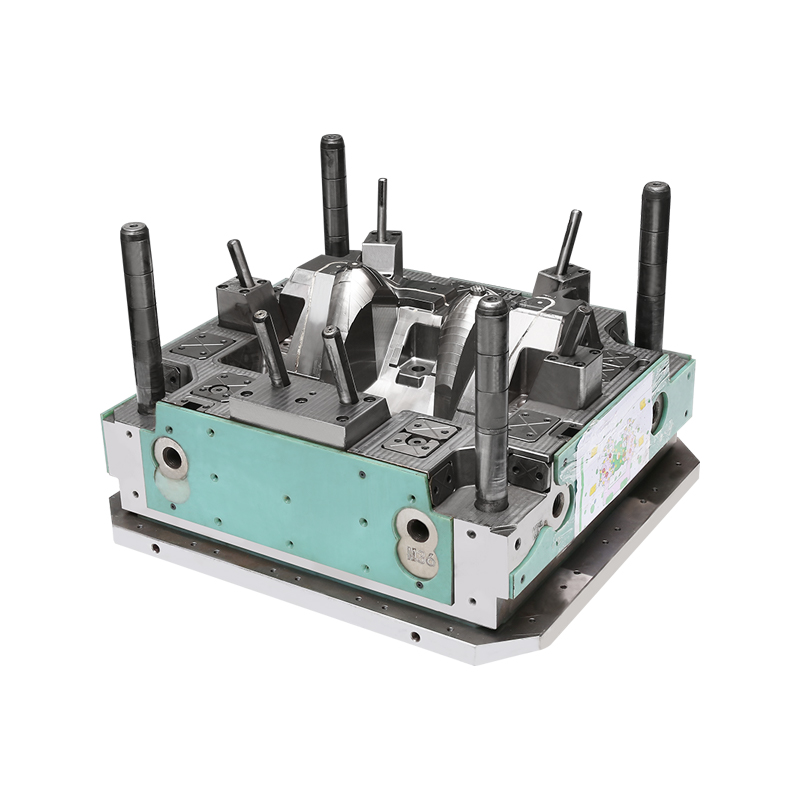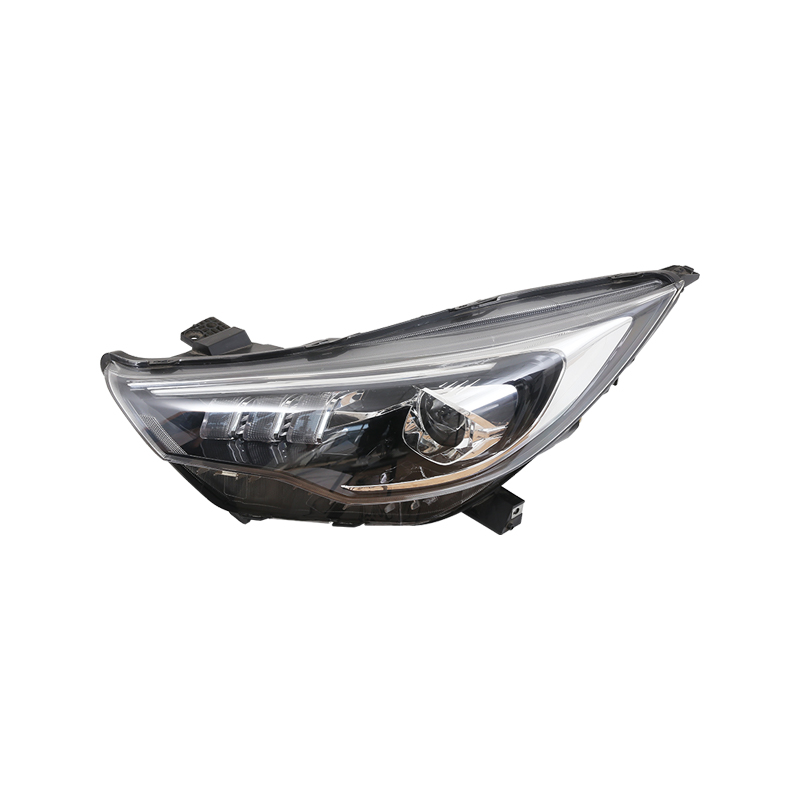The production process of LED light guide strip plastic molding molds is complex and involves several stages, each presenting unique challenges. These challenges can impact the quality, efficiency, and cost-effectiveness of the final product. Here, we delve into some common problems that manufacturers face during this process.
One major challenge is the precision in mold design. The light guide strip requires a high level of accuracy to ensure uniform light distribution. Even minor deviations in the mold can bring about hotspots or dark areas on the strip, compromising the functionality and aesthetic appeal of the LED strip. Achieving such precision demands advanced CAD/CAM software and highly skilled designers, which can be both time-consuming and expensive.
Another issue is material selection and compatibility. The plastic used in the molding process must have specific properties, such as high transparency, good thermal stability, and resistance to yellowing over time. Selecting the wrong material can bring about defects in the light guide strip, such as discoloration or deformation. Additionally, different materials may require different molding conditions, which can complicate the production process.
Injection molding process control is another critical area where problems can arise. Parameters such as temperature, pressure, and injection speed must be precisely controlled to ensure the mold fills correctly and the plastic sets properly. Inconsistent control can result in defects like warping, shrinkage, or bubbles within the plastic, which can affect the performance of the LED light guide strip.
Tool wear and maintenance pose ongoing challenges. The molds used in plastic molding are subject to significant wear and tear due to the high pressures and temperatures involved. Regular maintenance is required to keep the molds in good working condition and to prevent defects in the molded parts. However, this maintenance can bring about downtime and increased production costs.
Finally, there is the issue of quality control and testing. Ensuring that each light guide strip meets the required specifications involves rigorous testing, which can be resource-intensive. Detecting defects early in the production process can save costs, but it requires sophisticated testing equipment and trained personnel.
Solutions Offered by Custom Injection Molding Manufacturers
The advent of custom injection molding manufacturers has revolutionized the plastic molding industry, offering solutions to many of the problems traditionally associated with the production process. These manufacturers bring several advantages that address critical pain points for businesses and engineers alike.
Expertise in mold design is a significant benefit. Custom injection molding manufacturers often employ experienced designers and engineers who are well-versed in the complexities of mold creation. They use advanced software to design molds with a high degree of precision, reducing the risk of defects and ensuring that the final product meets stringent quality standards.
Secondly, custom manufacturers provide flexibility in material selection. They have access to a wide range of plastic materials, each with different properties, and can advise on the material for a specific application. This expertise helps in selecting materials that offer the desired performance characteristics, such as transparency and thermal stability, thereby reduce the risk of defects like discoloration or deformation.
Another key advantage is the optimization of the injection molding process. Custom manufacturers have the knowledge and equipment to fine-tune the molding parameters, such as temperature, pressure, and injection speed, to ensure consistent quality. This process optimization helps in reducing defects like warping or bubbles, bring about higher quality products.
Tool maintenance and management are also areas where custom injection molding manufacturers excel. They implement regular maintenance schedules and use advanced techniques to extend the life of molds. This proactive approach reduce downtime and production costs, ensuring a more efficient manufacturing process.
Moreover, custom manufacturers invest in quality control and testing equipment. They conduct rigorous testing throughout the production process to detect and address defects early. This attention to quality ensures that the final products meet or exceed customer expectations, reducing the risk of product failure in the market.

 English
English 中文简体
中文简体 русский
русский Español
Español
